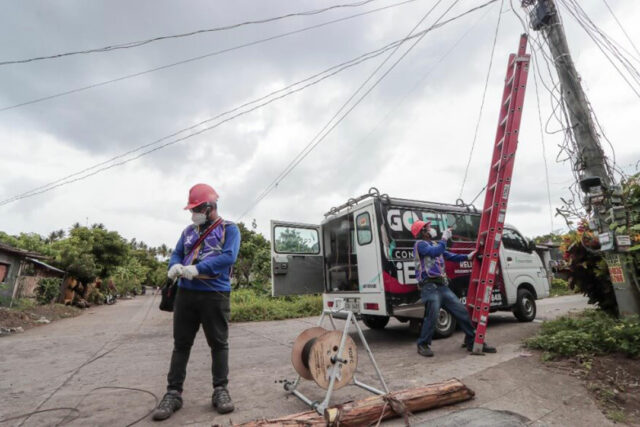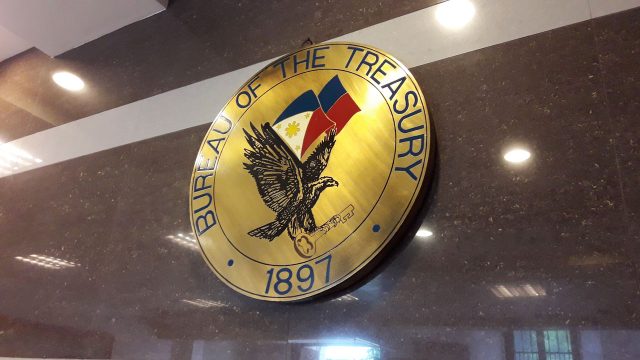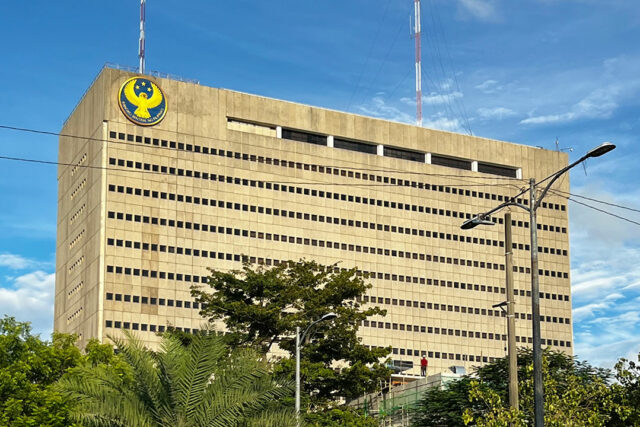(Part 2)
It is well known that a major obstacle to faster growth and, more importantly, a more equitable distribution of income wealth in the Philippines is the concentration of economic activities in the National Capital Region, which accounts for 40% of GDP. One reason for the very high poverty incidence in the country, which remains at double-digit rates of 16% to 23% (in contrast with single-digit rates among our peers in the ASEAN, e.g., Malaysia which has a poverty incidence that is close to zero), is the utter neglect of rural or countryside development. A very practical program which had been heavily funded by the United States Agency for International Development (USAID) over more than a decade was the Urban Connect project, whose goal was to promote inclusive and resilient economic growth in nine secondary cities within the USAID City Development Initiative framework. The idea was to make these nine secondary urban centers stimulants of growth and development of the rural territories surrounding them. These prospective regional centers of countryside development were Batangas, Iloilo, Cagayan de Oro, Zamboanga, Tagbilaran, Tacloban, Puerto Princesa, General Santos, and Legaspi.
Urban Connect focuses on local economic development and public service delivery. It promotes programs and activities related to investment promotion, the development of Medium Scale, Small and Micro Enterprises (MSMEs) with a focus on digitalization, inter-LGU cooperation, improved public financial system and revenue enhancement measures as well as the establishment of LGU data centers.
I have seen with my own eyes the success stories of the first three secondary cities chosen by the project: Batangas in Luzon, Iloilo in the Visayas, and Cagayan de Oro in Mindanao. The consultants that worked on these first three cities identified them as potential competitors to Metro Manila as domestic, regional, and international ports. They are better located and are much less congested than the port city of Manila. Because of the data provided by the consultants for this initial project, the LGUs and private investors were able to agree on relocating investments that were previously planned for the Metro Manila area. This was especially phenomenal in the case of Iloilo City, which has become an alternative location site for BPO-IT, real estate enterprise, logistics companies, and agribusiness investments in place of Cebu in the Visayas. Like Metro Manila, Cebu is overly congested, and the traffic has reached intolerable proportions.
I have seen a similar phenomenon in my home province, Batangas. Thanks to some of the data provided by the Urban Connect project (and the pro-active leadership of the LGU of the Province), this province, which is part of the Calabarzon region, is turning to be the epicenter of a new metropolitan area with Lipa City as the strategic center. Practically all the major real estate players in the country have constructed industrial economic zones with hundreds of manufacturing enterprises (the pioneer was the Lopez-owned First Philippine Holdings in Sto. Tomas, Batangas).
As a public disclosure, let me state that both my parents were born in Sto. Tomas, Batangas. When I was in high school in the 1950s, it was the sleepiest town in the province. Thanks to all the developments in the last 20 years in the province, even this laid-back town has become so highly urbanized that it now boasts of one of the largest SM Malls in the entire Calabarzon. The Ayalas are developing another Makati in the City of Lipa.
Thanks to the help that USAID extended to these regions through Urban Connect, regional development is no longer just an aspiration but is very real. I expect the same thing to happen in Cagayan de Oro and the other regional centers that have been chosen by the Urban Connect project. I can assure US President Donald Trump that the officials of USAID who conceived of and promoted this project were not “lunatics.”
Then there was the program called Better Access and Connectivity (Beacon). A five-year program that was launched in 2021, Beacon aimed to promote economic growth through better information and communications technology (ICT), helping bridge the digital divide in the Philippines. The COVID-19 pandemic had highlighted the urgent need for expanded digital infrastructure and broadband connectivity. Through Beacon, USAID aimed to help improve the Philippines’ ICT and logistics infrastructure; strengthen the regulatory, business, and innovation environment; and bolster cybersecurity. To help bridge the digital divide in the Philippines, Beacon intended to assist the government in automation and digitization efforts, and support community networks to expand low-cost internet access for underserved communities.
Beacon would have been a perfect complement for the US private business sector to help our country be a leading site for data centers. There is an under-ocean cable that Meta and Amazon have built connecting the US to Pagudpud in Ilocos Norte. Another site endowed with better telecom connections is Baler, Aurora Province. The city that will be especially attractive to those investing in data centers, which are very energy and internet intensive, is Laoag, Ilocos Norte. The region was a pioneer in both solar and wind energy. It has at present an excess production of energy that it is forced to sell to the national grid at a loss. Now that the region also has abundant telecom resources, Laoag can attract investors in data centers and other telecom and energy intensive businesses, in addition to its being a natural destination for tourists from Taiwan and China.
We should also be grateful to US billionaire Elon Musk, who is the head of the Department of Government Efficiency or DOGE under the Trump Administration, for building Starlink satellite facilities in many of our isolated islands.
Not satisfied with its laudable efforts to disperse economic activities to the regions outside of Metro Manila through its Urban Connect project, USAID launched the Cities for Enhanced Governance and Engagement (Change) which sought to strengthen democratic governance in the Philippine by making local governance more responsive to the needs of their constituents. It purported to strengthen the enabling environment for decentralization and governance and building capacity for multi-sector collaboration and collective action.
In addition to the nine Urban Connect cities, the following were added to its geographic coverage: Masbate, San Fernando (La Union), Tagum, Tanjay (Negros Oriental), and Victorias (Negros Occidental). It is worth mentioning here that these efforts for improved local governance can be substantially assisted by the efforts of the Taiwanese Government and private sector to help several Philippine cities become “smart cities.”
Finally, there is the Partnership for Skills, Innovation and Life-Long Learning (Upskill), a five-year project that aims to strengthen the Philippine higher education system for broad-based, inclusive growth. This program works closely with the Commission on Higher Education (CHED) and, given the emphasis of the Marcos Jr. Administration on technical skills, with the Technical Education and Skills Development Authority or TESDA, together with stakeholders in industry in supporting innovation and workforce development of higher education institutions or HEIs, faculty development, and curriculum improvements. It will also increase engagements for HEIs and industry and international partners, as well as bring design-thinking concepts to HEI management and administration.
In this light, especially with the temporary suspension of international aid by the Trump Administration, it would be wise for both government agencies and private groups (like the Philippine Chamber of Commerce and Industry) to turn to other Governments that can supplement the initial efforts of Upskill, especially in technical education. I am referring especially to potential aid donors from Germany, Taiwan, Israel, Australia and others that have advanced technical training programs that can be replicated in the Philippines, like Dualtech in Manila (a German-inspired model) and the Center for Industrial Technology and Enterprise or CITE in Cebu (established with the help of an NGO in Italy).
These examples of projects and programs funded by USAID in the past clearly prove that the assistance we received from the US Government through this agency have benefited numerous citizens of the Philippines, especially those belonging to the lower-income groups. It is hoped that, whether USAID continues to exist as a separate agency or the US State Department takes over its functions, the Philippines will continue to benefit from the generous assistance of the American taxpayers to attaining inclusive and sustainable growth.
Bernardo M. Villegas has a Ph.D. in Economics from Harvard, is professor emeritus at the University of Asia and the Pacific, and a visiting professor at the IESE Business School in Barcelona, Spain. He was a member of the 1986 Constitutional Commission.
bernardo.villegas@uap.asia

























